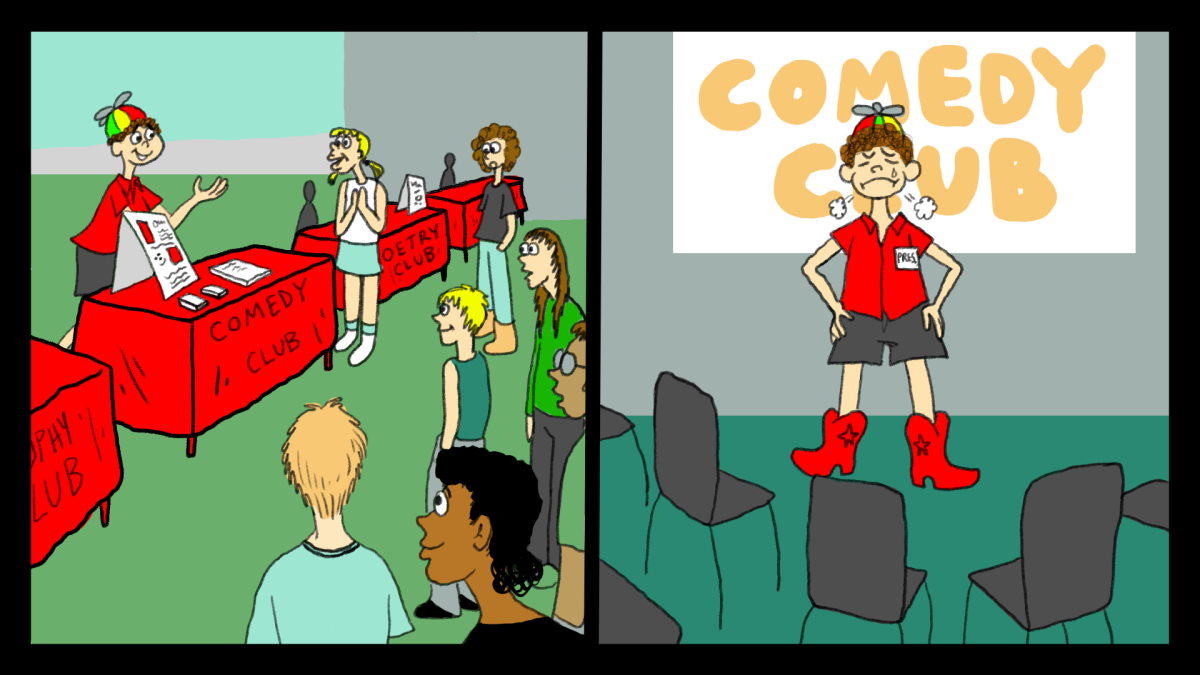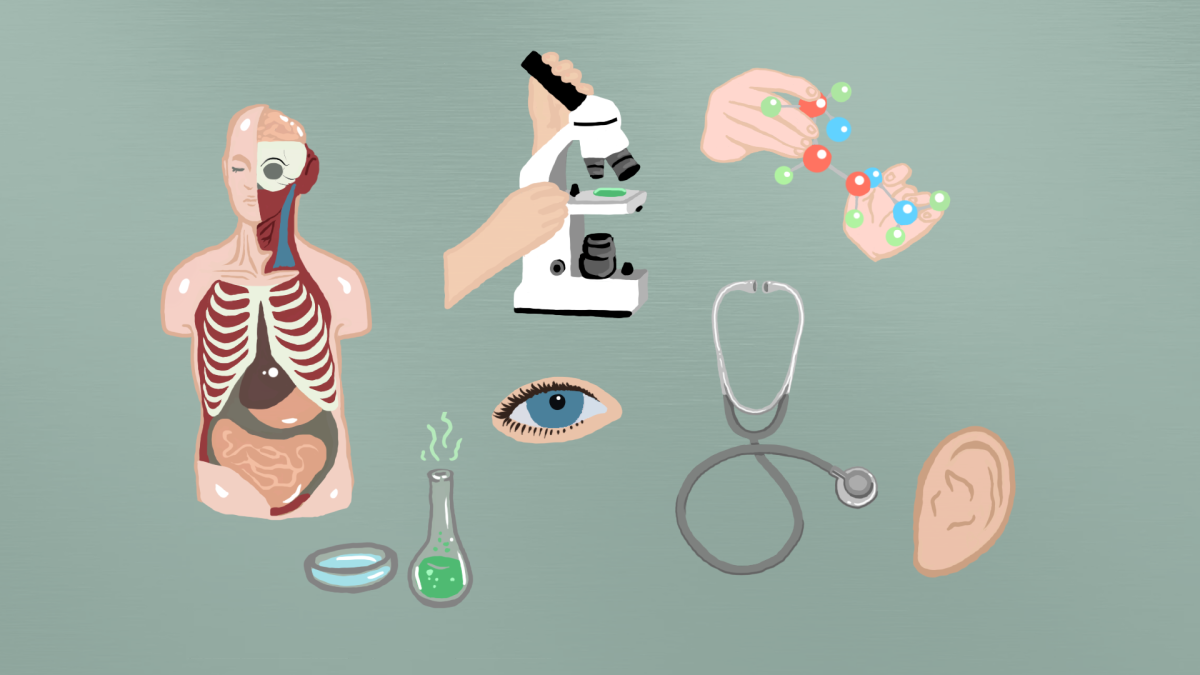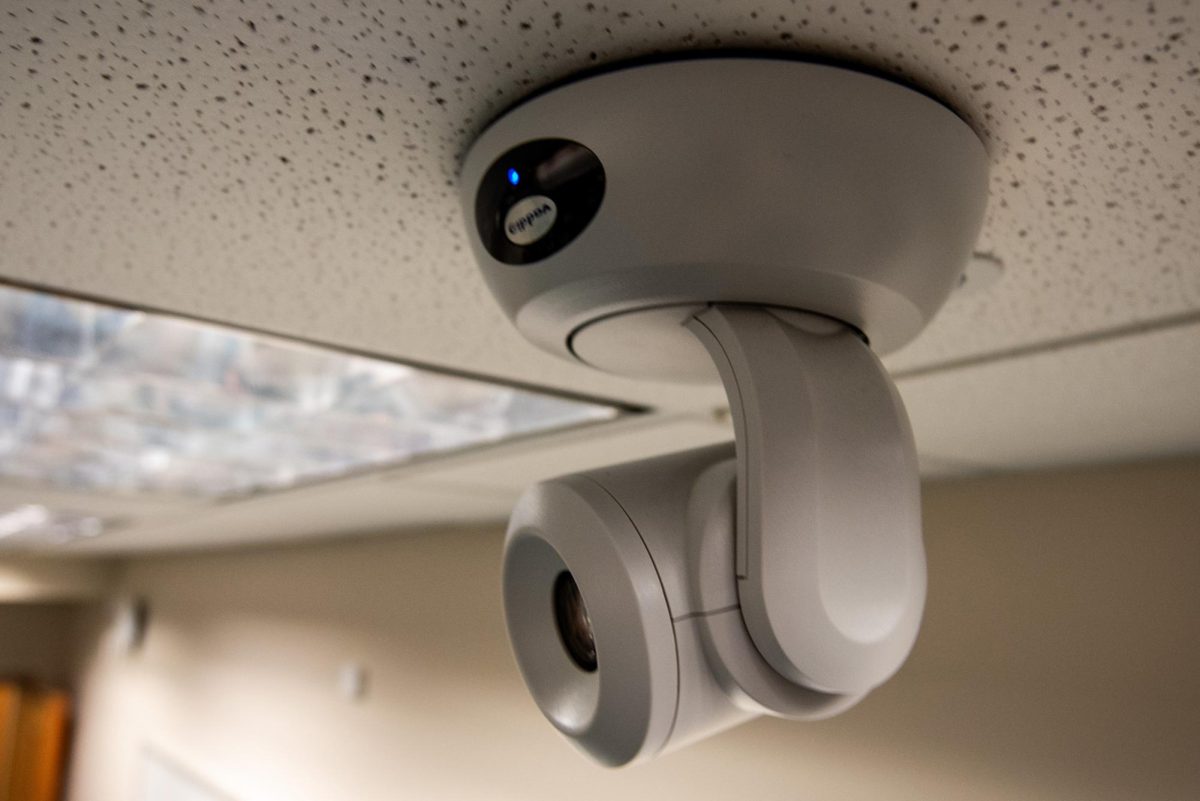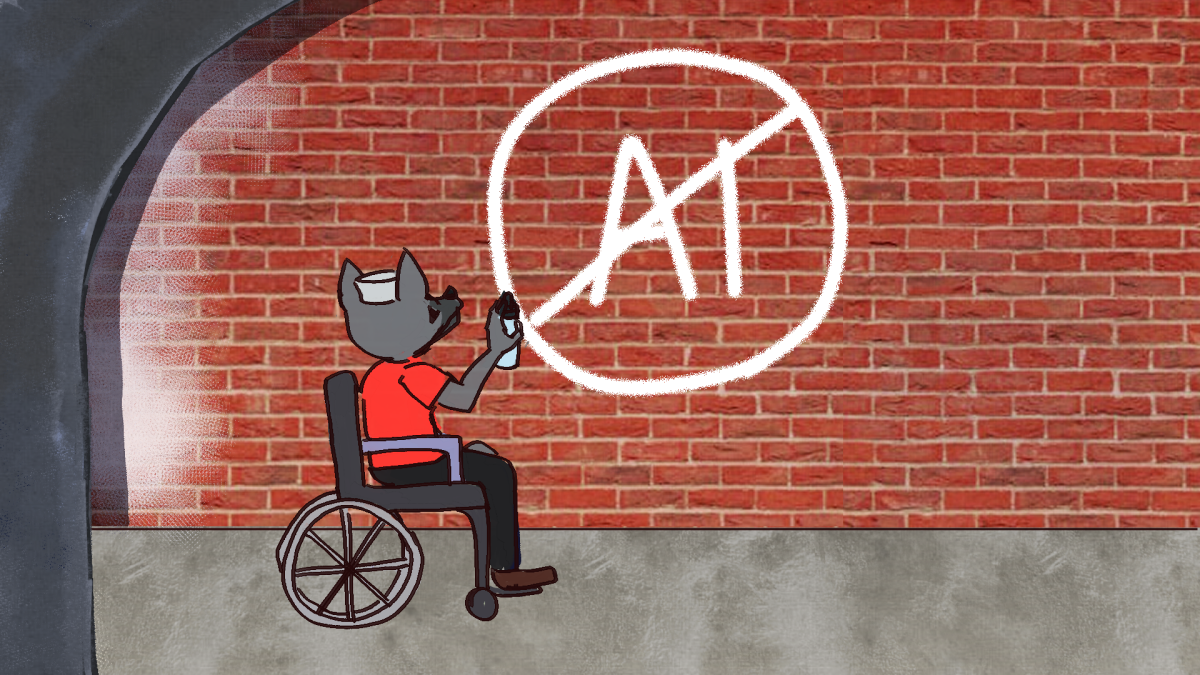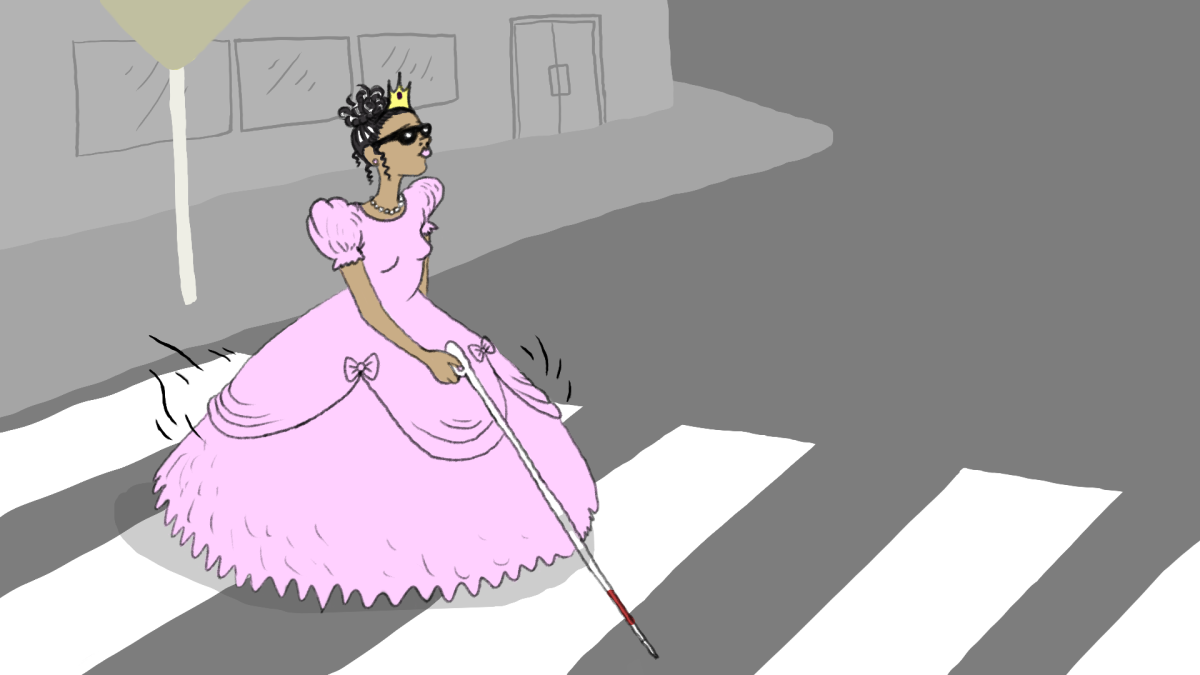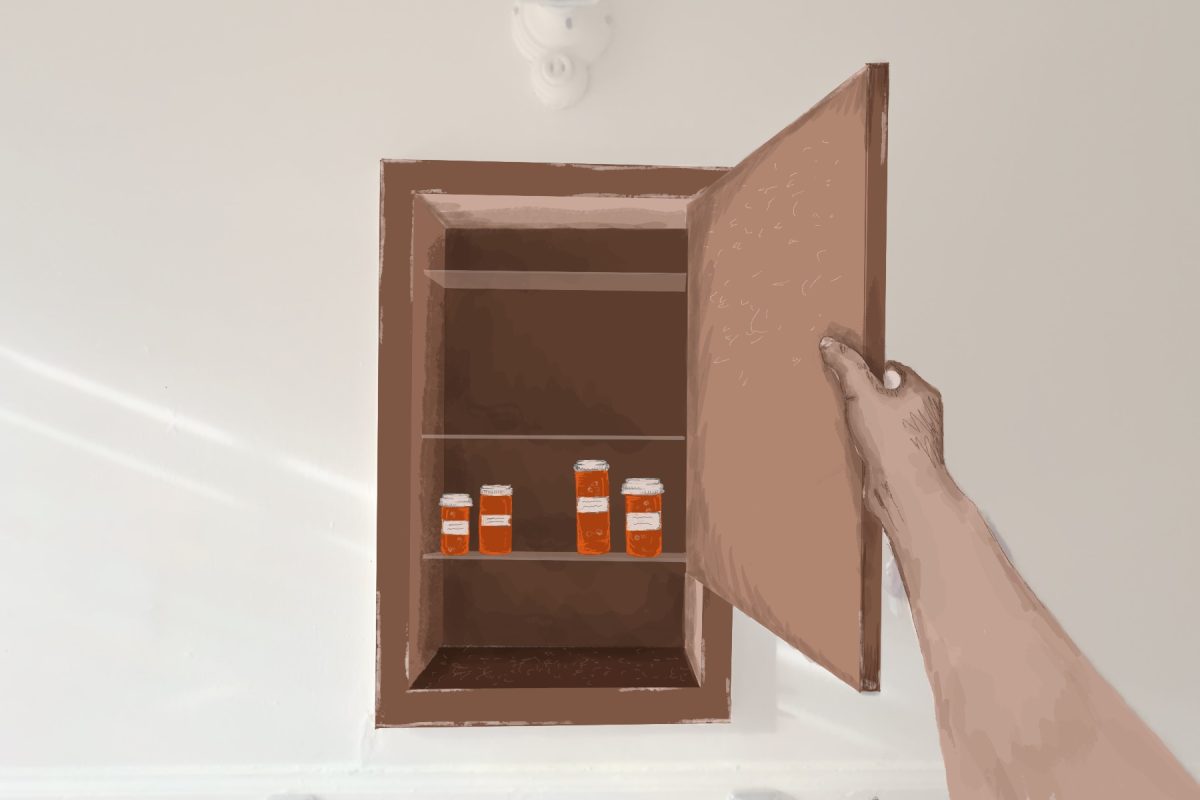A large portion of personal growth comes when we reflect on the past. Having begun my journey as a writer for the Technician last year, I felt that it was fitting to look back on some of the things I’d written. It soon dawned on me that there was a common theme among most of my columns: social issues. 2015 was a year chock full with examples of how far, yet how little, we have evolved in terms of race relations in this country. Yet, still I began to fear that I was beginning to sound like the “angry black woman.” But I am angry. I’m actually very livid, and you should be as well.
Hate crime still exists, and it doesn’t show signs of falling. According to the Southern Poverty Law Center, while the number of active hate groups — organizations whose “beliefs or practices attack or malign an entire class of people” — has fallen, the number of hate crimes committed in 2012 reached nearly 300,000. In 2009, the FBI reported that 11.4 percent of hate crimes took place at schools or colleges; of these, 12.4 percent of hate crimes at schools or colleges were based on racial bias, 12.9 percent were based on religion and 10.1 percent were based on sexual-orientation bias.
I am angry that Dylann Roof was taken into police custody, alive, when 12-year-old Tamir Rice was gunned down by police for having a toy gun in an open-carry state. I am angry that the number of people killed by police has increased, while the violent crime rate has not. Why are more minorities being killed when they only make up a quarter of this country’s population? To bring things a little closer to home, according to mappingpoliceviolence.org, 100 percent of the people killed by police in Raleigh last year were black.
As a woman I am angry that 68 percent of sexual assaults go unreported. CNN reported that 23 percent of women “experienced some form of unwanted sexual contact.” Yet, there are gross amounts of slut shaming and victim blaming flowing through social media each and every day.
The fact that homophobia is still an ever-present force on college campuses nationwide is a reason in itself to be outraged. Here we are, in the year 2016, and people still find it fitting to abuse and mistreat people based on their preferences — preferences, I remind you, that have nothing to do with anyone else but themselves.
Some of these issues may personally affect you, while it could be the case that none of them of do. But we all have a duty to solve them as members of this campus, members of this country and members of this world. Yes, it will always be easy to avoid these issues because they’re controversial, especially if they don’t directly affect you. But as students, we have the power and influence to change our society for the better. This semester, keep in mind the opportunity for you to become a part of something that challenges you to make positive changes. Become an LGBTQ advocate. Attend an NAACP meeting. Learn about mental illnesses.
Sure, there’s the risk that I’ll be labeled the “angry black woman,” but that’s OK. Kwame Anthony Appiah once said, “My job as an intellectual is to call it as I see it. I owe my fellow citizens respect, certainly, but not a feigned acquiescence.”


